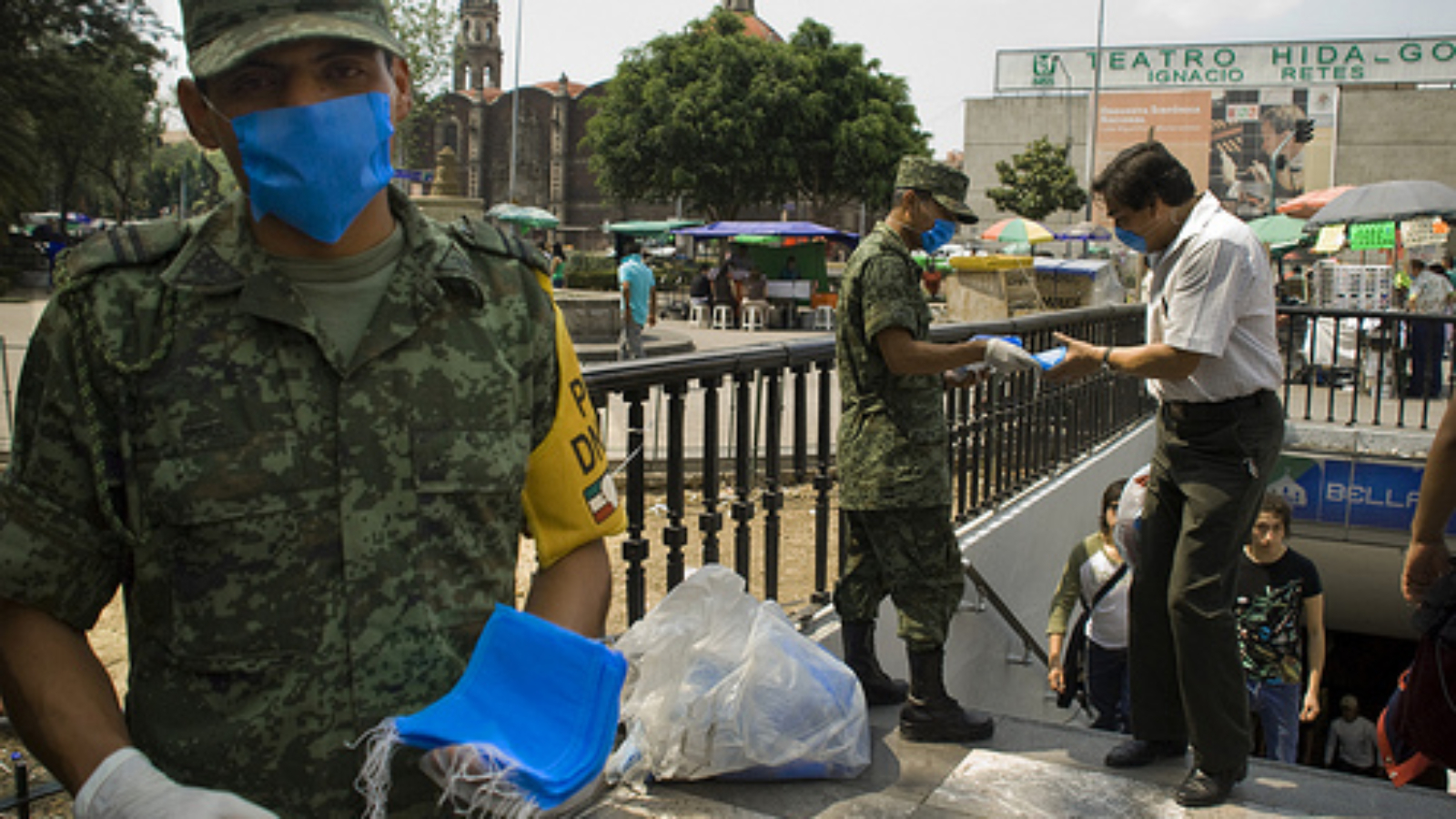John M. Barry, is the author of The Great Influenza: The Story of the Deadliest Pandemic in History(Viking, 2004), a study of the 1918 pandemic. He has advised both the Bush and Obama administrations, as well as World Health Organization officials on influenza outbreaks.
The World Policy Journal interviews Barry on his article "The Next Pandemic" from the Journal's Summer 2010 issue.
In your article you write about how we prepared for H1N1 as if it was going to be a major pandemic, rendering us unprepared for how minor it was. But was the world ever truly appropriately prepared for a major pandemic?
No, but we have been making progress. Several years ago serious investment was made in modernizing vaccine production. That's not far away from coming on-line. Every major business has a pandemic preparedness plan. H1N1 didn't test them much, but at least it served as a drill.
What do we need to do to get there, and when do you think this will be?
Answering this would take longer than the original article. But one thing that several people preached in advance of H1N1 was the need for flexibility. There's a saying, "If you've seen one influenza season, you've seen one influenza season." i.e., they're all different, even for seasonal flu. With a pandemic virus, predictions are even more difficult. One point of the article was that few nations demonstrated any flexibility. Aside from better faster vaccine production, the West needs more surge capacity, which costs money, and no one has any. We need to stop laying off public health workers, and so on and so on. The real hope is for major vaccine advances, including advances in convincing people to get vaccinated. That's about the only way to really protect a population. It's impossible to say when that will happen but I'm optimistic.
Why wasn’t H1N1 the major pandemic it threatened to become? Can any credit be given to efforts made to contain it?
We just got lucky. Nothing humans did had any significant impact on the course of the 2009 pandemic. The outcome was entirely determined by the virus and probably the fact that much of the population had some immunity because of exposure to an older and similar H1N1 virus. In the US, people vaccinated against the 1976 swine flu also had some protection.
You write that when it comes to pandemics, regular channels of international relations have failed us. Do we need some kind of centralized leadership to address this problem and coordinate international efforts? How adept is–or isn't–the WHO in this role?
WHO in general has been criticized as a bureaucratic, timid, slow-moving organization, but on influenza it has performed well. The real problems are above their pay grade. When individuals and nations feel threatened, it takes good–and high ranking–leadership to recognize that enlightened self-interest means cooperation. Otherwise it's like a stampede for the exits when fire breaks out in a theater, with everyone getting trapped.
If containment and quarantine are impossible, and vaccines aren’t developed or distributed fast enough, what preventative measures are worth our resources?
Individuals can do some things to protect themselves. I'd fight it at that level. It's not clear yet from the data whether government imposed "non-pharmaceutical interventions" like school closings work. Most of the models suggest they do but the real world data is very ambiguous and mixed. It is clear that things like screening arriving airline passengers is pretty useless, a waste of time and money.
Are there certain human practices that should be avoided to insure against pandemics?
That's an easy question to answer. Unfortunately the answer is, No.
This interview was conducted by Caroline Soussloff.
Image via Flickr, user Eneas
